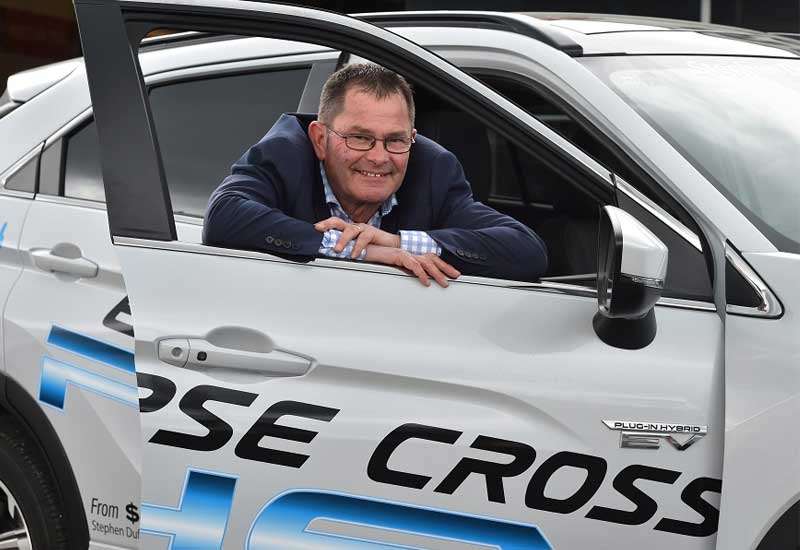A new Government subsidy has encouraged Dunedin motorists to show plenty of interest in electric vehicles in the first week.
The Government introduced a subsidy from July 1 to make new EVs thousands of dollars cheaper and petrol and diesel vehicles more expensive.
The scheme came after recommendations from a Climate Change Commission report looking at bringing New Zealand closer to its emissions target.
Under the scheme, buyers can save $8265 on the cost of new electric and some hybrid vehicles and $3450 on used electric cars.
Check out Drivesouth's full range of EVs today
From January next year, people seeking to buy petrol and diesel vehicles will have to pay another $3000 on top of the price of the vehicle because it operates on fossil fuels.
Stephen Duff Motors owner Stephen Duff said demand had soared for new EVs after the announcement.
The business had sold 12 since July 1.
"Sales for hybrid and electric cars had been building for about a year prior to the government scheme, but the subsidy has certainty made a difference.
"It is the way of the future and people are starting to see that," he said.
While the cars were selling, supply chain issues were leading to at least a month’s delay in getting them.
A shipment of Mitsubishi EVs due to arrive in the country this month had all been sold in advance. The next shipment of cars that was still available was scheduled to arrive mid-August.
Director of Dunedin car yard Auto Court, Nelson Cottle believed the scheme had definitely created more interest in EVs and they had sold "a few".
The yard’s main focus was on second-hand EVs.
He believed the intention of the subsidy was right, but the implementation was not.
The current subsidy extended only to full EVs and plug-in hybrids, but did not take in the non-plug-in hybrids until next year.
That had "stalled" the sales of the non-plug-in hybrids and one customer had pulled out to wait for the rebate, Mr Cottle said.
"We have a reasonably large stock of non-plug-ins and they are going slower than usual.
"I don’t anticipate an improvement until the rebate is applied to them next year," he said.
Mr Cottle said while fresh imports and new EVs were covered by the subsidy, previously registered EVs were not.
That meant it was devaluing any registered stock a dealer had and also devalued by the amount of the subsidy any EVs the public might want to trade in, he said.
Buying stock from Japan to meet the increase in demand since the announcement of the subsidy was also proving difficult.
The vehicle price in Japan had "dramatically" jumped, which was combined with a recent increase in shipping of around $300 per unit and in some cases additional storage fees in Japan, due to the international shipping shortage.
Mr Cottle believed that would cause a substantial price increase for future arrivals of secondhand imported EVs and plug-in hybrids.
"So we are up against quite a few things at the moment," Mr Cottle said.
- Riley Kennedy. Photo: Gregor Richardson





